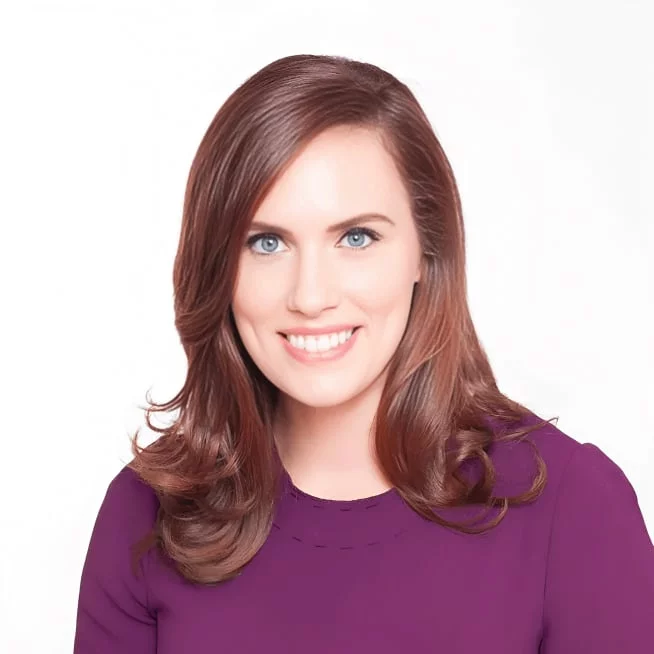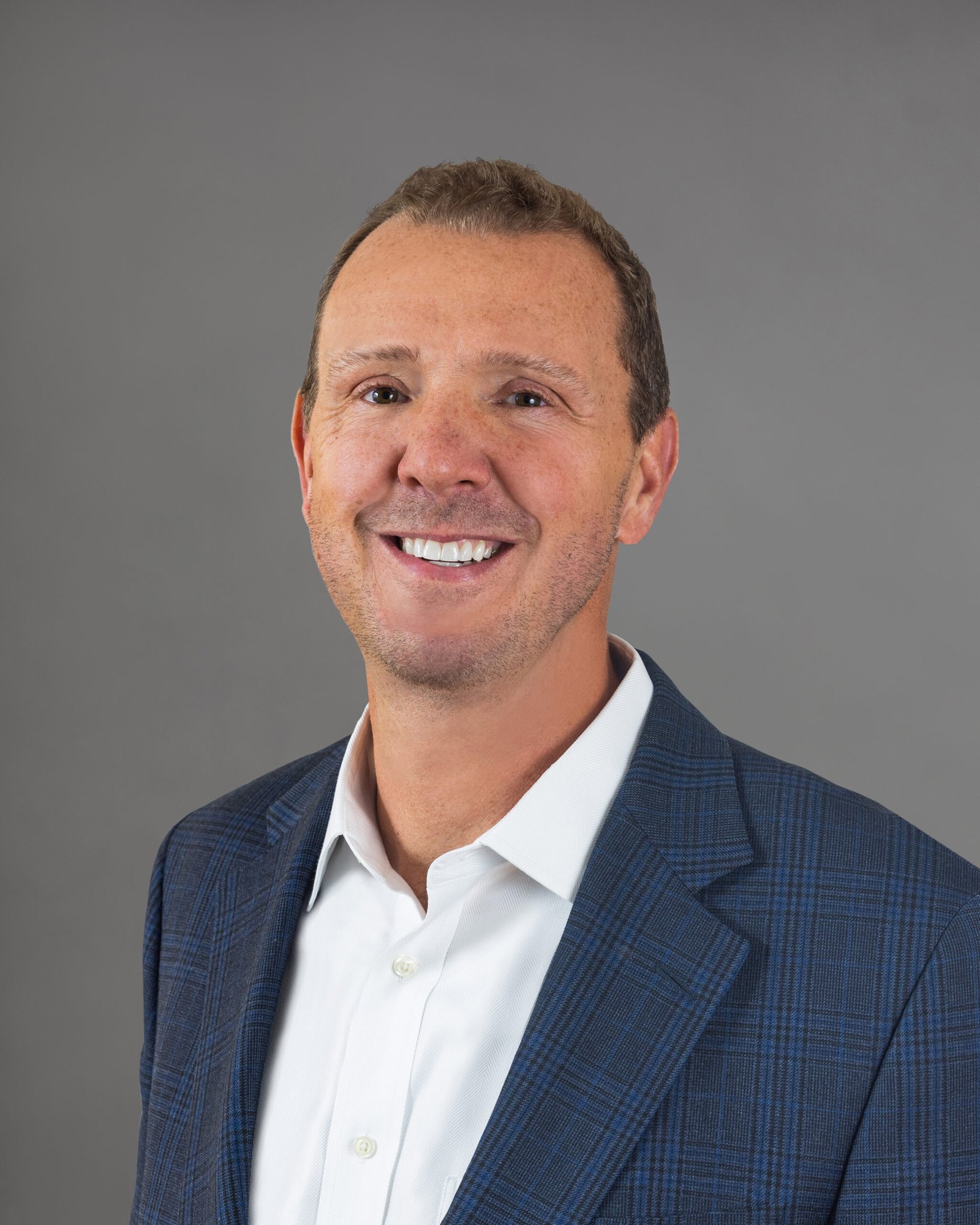Several years ago, I interviewed actor Hill Harper in an interview originally published in Thrive Global. Here is an excerpt from our conversation:
Adam: What is something about you that your fans don’t know?
Hill: One fun fact about me that people may not know is that when I was younger, I was actually an expert juggler.
Adam: What are your hobbies and how have they shaped you?
Hill: I love to exercise and take care of my body and I even invested in a group fitness company in the Seattle area called Trufusion. I love group fitness and see exercise as an essential investment in ourselves. As for a specific hobby, I do still juggle every once in a while. I guess it has taught me that in life sometimes we have to keep many balls in the air, and when you’re doing it, do it well and perhaps with your own style!
Adam: How has your upbringing shaped your career?
Hill: I studied theater at Brown University but still then didn’t know if I was going to pursue acting as a career. I wanted to go to grad school, so I decided to do a joint degree at the Kennedy School of Government and Harvard Law School. Interestingly, law school is where I met my classmate, President Obama. At the time, I loved acting, and I loved being an artist. I do believe that you’ve got to do what you love – and hopefully, you come to that realization earlier on in life, rather than later. This philosophy was reinforced when my uncle passed away when I was very young. He was just 45 years old, and I was in law school. It was then I realized that in life, nothing’s promised.
Another important lesson my uncle taught me was if you’re making any decision solely based on money, it’s the wrong decision. Money can be a factor in the decision, but if it’s the primary factor, it’s the wrong decision. I followed that advice, and I’m happy that I did. In my book “The Wealth Cure,” I talk about making the choice to turn down a six-figure salary coming out of law school to wait tables from night into the morning so my days would be free to audition. That was my daily routine. I wasn’t making a lot of money, but I was making enough to pay my bills. I followed my heart, and the rest fell into place.
Adam: How did your relationship with President Obama sprout and develop?
Hill: Our friendship began at Harvard Law School as classmates where we both believed in social justice and the importance of advocating for those who may not have strong voices in the fight for rights all Americans should have. President Obama directed his vocation as a community leader whereas my outreach was through my New York Times best-selling books, my Manifest Your Destiny Foundation and keynotes around the world. As the first black President of the Harvard Law Review, I knew President Obama would impact America, so when he told me of his quest for the presidency, he had my full support.
Adam: What prompted your interest in writing about financial empowerment?
Hill: When I started my foundation, Manifest Your Destiny, in 2005, I was working with young men, women, and families in the most challenged neighborhoods. Everything that I would talk to them about — whether it was education, job or relationship goals, or family cohesion — came back to money. The number one thing couples argue about is money. The number-one thing students or young people talk about as the reason they can’t do certain things is money. For people who want to start a business, it’s money. It’s then I realized, if I really want to try to help people and not just put Band-Aids on problems, I’ve got to deal with this money piece. I have to really help people understand that money is a tool to be used to help achieve your goals.
Throughout this experience, I’ve learned that people often overlook the impact credit has on their opportunities. My goal is to encourage people to proactively manage their credit and use it to manifest their destinies. You can increase your credit score by taking several steps, such as establishing a track record of paying bills on time, paying down debt, and using free tools like Experian Boost which lets people add positive utility and mobile payment history to their Experian credit files, potentially improving their credit scores instantly. Everyone deserves a fair shot at achieving their financial dreams, and access to capital is a part of that, but it should be done wisely. Understanding how your credit score is calculated and what you can do to maintain it will position you for financial success.
Adam: What are your three best tips applicable to entrepreneurs, executives, and civic leaders?
Hill: When writing my book, the original focus was on finances and money because I wanted to create some measure of empowerment. Then, I was diagnosed with thyroid cancer. My father had been diagnosed with cancer at a similar age. It really made me realize that at the end of the day, we have to live a truly wealthy life and look at it from a holistic perspective. Given my experiences, here are some tips I would relay to other leaders:
-
Be Truly Wealthy: Money — and our relationship to money — is just one wealth factor. Another wealth factor that’s even more important is our health. Then there’s our connection with family and loved ones. The last component is working toward our goals, dreams and things that fulfill us. Every person has a different index of what creates the happiest version of themselves. If you’re in chronic pain or if you’re unhealthy, no matter how much money or how many friends you have, it’s difficult to be happy. So, your health has to be a major wealth factor.
-
Invest in Your Foundation: My smartest investment has always been to invest in myself. I think education is the foundation for anything we do in life. I’ve always said that the size of your goals are directly proportional to the amount of foundation that you build in your life. You may have these huge goals, but if you haven’t built the foundation to support them, they will collapse.
-
The Power of Starting With ‘Yes’: I truly believe that I am a big say yes person. If you are hit with an intuitive notion, say yes. The more I can do, the more I can scale. That’s what it comes down to. I own a coffee shop in Detroit, a hotel in New Orleans. I employ people. I write books, and I do TV shows. We’re here for a reason and a season.
Adam: In your experience, what are the defining qualities of an effective leader? How can leaders and aspiring leaders take their leadership skills to the next level?
Hill: In many of my leadership presentations, one topic that I always talk about is the importance of the legacy that you leave. For me, I hope that in terms of my previous acting roles and characters, I leave viewers the experience of laughter and entertainment. When people read my books, I wish to leave them the feeling of power, determination, and inspiration. Not every piece of art that any artist does is a masterpiece. But you hope that at some point throughout your life, you have a few masterpieces that stand the test of time and are around long after you’re gone. That is a testament of true leadership, and I can only hope that that’s what I’ll leave behind.
Adam: Who are the greatest leaders you have been around and what did you learn from them?
Hill: For me, great leadership is about impact and legacy. Having a positive impact is essential, but having an impact that lasts in terms of legacy is often the most difficult challenge. I have so much respect for individuals who step out of their personal comfort zone to inspire positive change. I’ve been around several leaders and admire many still living, and those who have died or been executed for their beliefs. All have exuded vision, passion, perseverance, integrity, clarity and courage. Young leaders should learn from leaders (current and past) in their fields, both in the US and all over the world.
Adam: What advice do you have for those either trying to break into or advance within the entertainment industry?
Hill: If I had to give one quote of advice for succeeding in this industry, I would say “Patience is a virtue… save, save, save”. I can’t express enough the importance of money management, especially for an actor that is not working all of the time. Those who sustain in this and/or any industry need to know how to budget, manage, and invest so they are prepared once the income has decreased or they decide to retire.
Adam: What do you believe is the formula for a successful TV show?
Hill: Throughout the years, I’ve learned a successful TV show begins with great scripts. Writers are the heartbeat of the show followed by a great director, cast, and crew.
Adam: Can you describe the experience of playing Al Bundy’s mentee? What are some of your favorite memories from your time on Married… with Children?
Hill: My experience playing Al Bundy’s mentee was incredible, I learned a lot from the cast and crew. Walking on set for the first time is one of my favorite memories, as it was my first major TV role.
Adam: What were the highlights from your time working with Spike Lee?
Hill: Spike Lee is one of the great directors in film history. Working with him on two films was truly an honor and such a learning experience. He wants his actors to be creative and portray memorable characters, and encourages risk-taking and competition to be the “best” in a given scene. Spike is a true genius, and I don’t think his work has been fully appreciated as yet. I believe his projects will go down as among the greatest in the history of film.
Adam: What is the single best piece of advice you have ever received?
Hill: The best advice I’ve received is to always invest in yourself.
Adam: How can anyone pay it forward?
Hill: To continue paying it forward, I would encourage everyone to share tips on financial literacy and empowerment.
Adam: Is there anything else you would like to add?
Hill: For nearly a decade, I’ve talked to a lot of people about money and empowerment, and along the way, espoused the use of financial tools to improve one’s financial health. That’s why I have partnered with Experian to talk about an innovative platform called Experian Boost , which gives everyone the ability to potentially improve their credit scores instantly. Many Americans are still confused about credit and credit scores, and as a result, are missing how important good credit is to all areas of their financial life. The truth is, building a good credit history is pretty straightforward. The most important thing you can do is pay your bills on time and not take on too much debt. This financial tool has the potential to be a game changer and help Americans take control over their own financial lives. I want to encourage people to do just that, starting with this small but important piece of their money.









